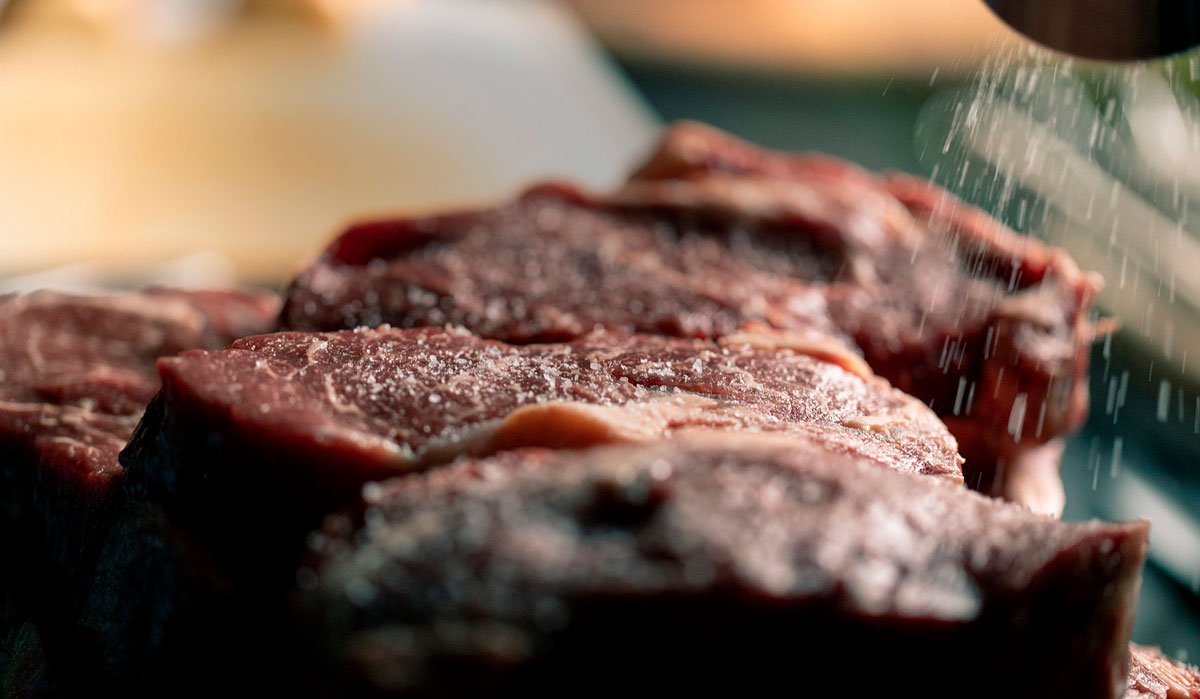China’s new beef tariffs expected to favour New Zealand exporters
Additional tariffs introduced by the Chinese Government last month on beef imports should favour New Zealand farmers and exporters.
 SFF chief executive Simon Limmer says customers have told him that the country’s farm production systems are under close scrutiny from those buying primary products from us.
SFF chief executive Simon Limmer says customers have told him that the country’s farm production systems are under close scrutiny from those buying primary products from us.
New Zealand's farm production systems are under close scrutiny from countries buying primary products from us.
Silver Fern Farms (SFF) chief executive Simon Limmer told Rural News that NZ's trade negotiators have told him this. He claims these issues are now top of mind when countries are looking to negotiate trade agreements with us.
Limmer says this is something that companies such as SFF have to take very seriously. He adds that while it is something that wasn't so important some years ago, this now has to change to meet such requirements.
Limmer believes NZ already has a very good reputation as a high quality food producer and the issue of food provenance is something that consumers are looking for. He says, above all, the taste of the food must be good.
"Food security is stil big in China. The integrity around how it's grown, the production system, where the animal came from, did it have a good life - all those things are becoming increasingly important," he told Rural News.
"The consumer is interested in knowing about the social and environmental impacts of a product. That suits us because we are in a good shape we just have to keep progressing."
Limmer says at present there is much talk about the slowness of the Chinese market to bounce back from the Covid pandemic - a situation which is causing some consternation among primary exporters.
He says both China and the USA are performing slower than expected. Limmer believes that in the case of the US market, the economic pressure is having an effect and there is a "confidence thing" in the market.
But Limmer says while it's quiet now, he believes in both cases there are good signs of things picking up in the next or later quarter.
He bases this on the fact that there is still an underlying demand for good NZ protein.
 |
|---|
|
Limmer says European markets are tougher for Silver Fern Farms. |
Market Outlook
At this year's Fieldays, there was a lot of talk about the opportunities that may open up as a result of the UK/NZ FTA, which is now in force.
However, Limmer says the European markets are tougher for SFF because while they open up access for sheepmeat it's not so much for beef. He says this is especially the case in the EU, which is a strong producer of grass fed beef.
"Those markets are flat and the UK in particular with their inflationary impact and interests costs is seeing consumers slow to come through what's been quite a tough period of time."
Limmer says while the red meat markets are flat at the moment, it's important to remember that prior to this NZ farmers had a couple of good years and at one stage the farm gate price for lamb was 20% above the five year average. At the same time, processors invested heavily back into their businesses.
Right now, he says, with lower market prices and inflationary pressures, farmers don't have the ability to make major investments, but he says this will change.
Fonterra’s impending exit from the Australian dairy industry is a major event but the story doesn’t change too much for farmers.
Expect greater collaboration between Massey University’s school of Agriculture and Environment and Ireland’s leading agriculture university, the University College of Dublin (UCD), in the future.
A partnership between Torere Macadamias Ltd and the Riddet Institute aims to unlock value from macadamia nuts while growing the next generation of Māori agribusiness researchers.
A new partnership between Dairy Women’s Network (DWN) and NZAgbiz aims to make evidence-based calf rearing practices accessible to all farm teams.
Despite some trying circumstances recently, the cherry season looks set to emerge on top of things.
Changed logos on shirts otherwise it will be business as usual when Fonterra’s consumer and related businesses are expected to change hands next month.